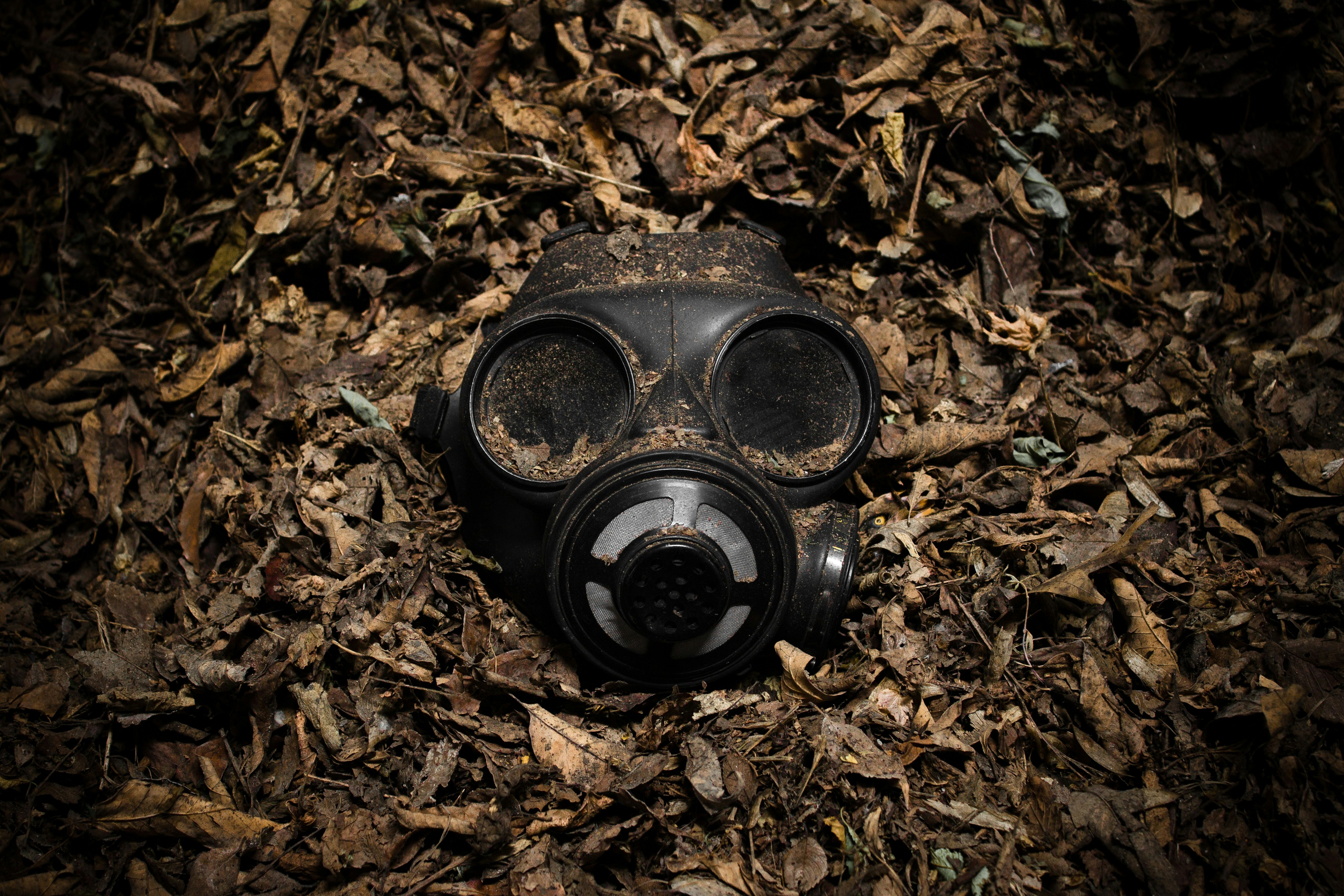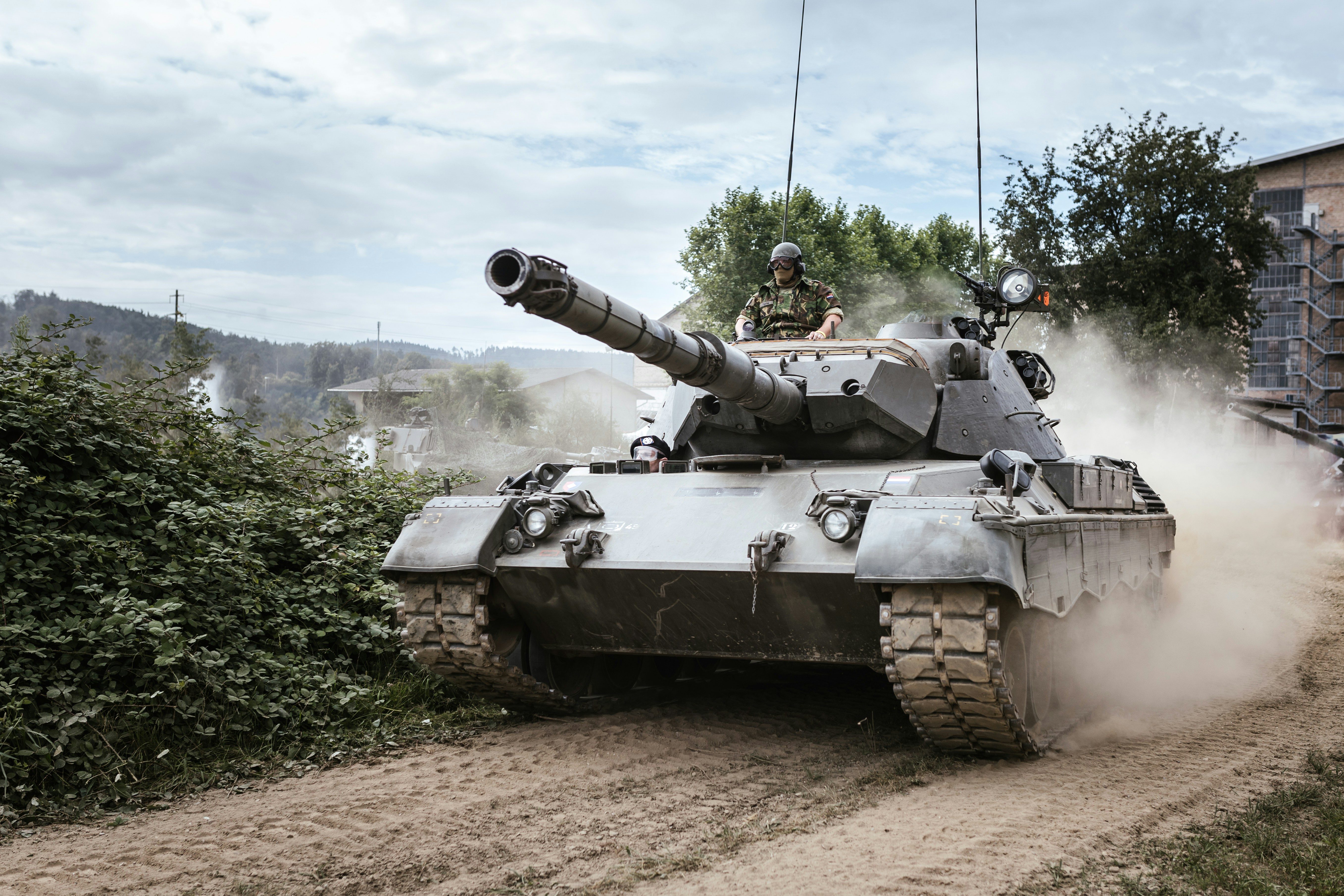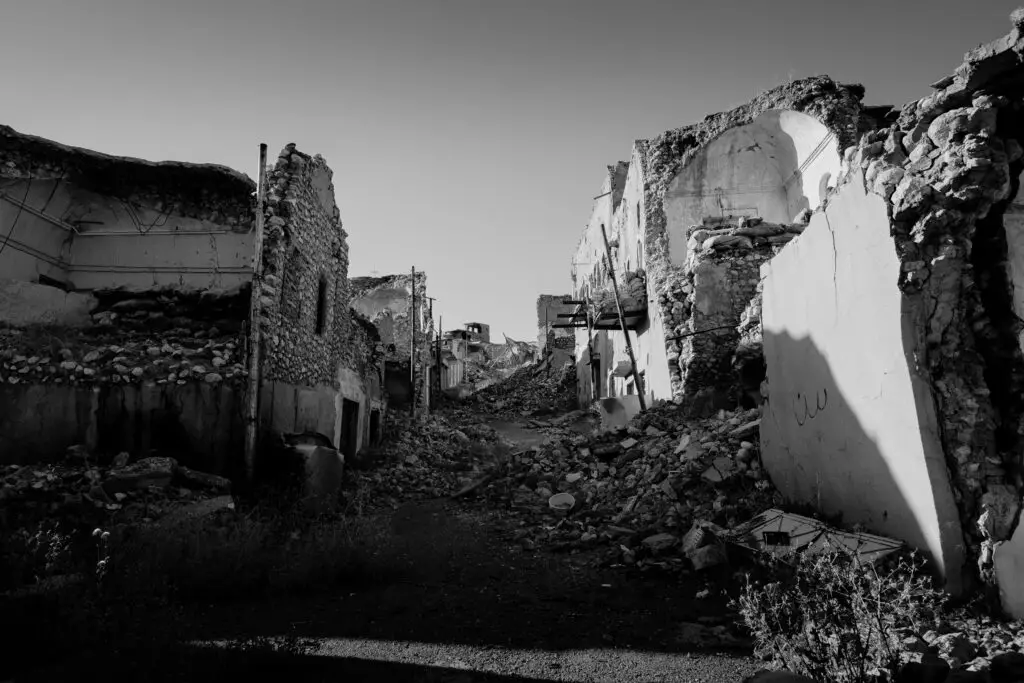Related Posts
The International Criminal Court (ICC) has requested arrest warrants for Israeli Prime Minister Benjamin Netanyahu and Hamas leaders. The leaders on both sides are accused of war crimes and crimes against humanity based on incidents that occurred during the Israeli-Hamas War.

What is the Basis for the Arrest Warrants?
ICC Chief Prosecutor Karim Khan is requesting arrest warrants for Israeli Prime Minister Benjamin Netanyahu based on the following incidents:
- Khan alleges that Israeli Prime Minister Benjamin Netanyahu and Israeli Minister of Defense Yoav Gallant deliberately starved civilians as a method of warfare. This activity is classified as an international war crime and is prohibited in Israel’s Manual on the Laws of War.
- The prosecutor also cited Israel’s siege of Gaza, which involved closed border crossings and restricted the distribution of essential supplies.
- Khan also alleged that Israeli Prime Minister Benjamin Netanyahu and Gallant engaged in “willful killing or murder as a war crime” and intentional attacks “against a civilian population as a war crime.”
Khan also requested arrest warrants for Hamas leader in Gaza, Yahya Sinwar, Hamas military wing leader Mohammed Deif, and Hamas political leader Ismail Haniyeh. He accused the group of the following activities:
- The killing of hundreds of Israeli civilians during the Hamas Oct. 7 attack
- Kidnapping civilians during the attack and subjecting them to sexual violence and inhumane conditions while in captivity.
The Arrest Warrants Impact on the United States
The ICC’s actions have sparked outrage from United States Republicans and Democrats. President Biden called the arrest warrants against Israeli leaders “outrageous.” He also said, “There is no equivalence between Isreal and Hamas.”
Republicans are considering a rebuke of the ICC, which would involve restricting Khan and other officials. They feel that the arrests will lead to more significant international problems. While some Democrats support the sanctions, others wonder whether they are the best course of action.
If the sanctions go through, the visas of ICC officials involved in the prosecution would be instantly revoked. They would not be permitted to enter the United States or any of its allied countries. The current circumstances are reminiscent of a 2020 executive order that involved Trump sanctioning a pair of ICC prosecutors and freezing their U.S. assets. Biden later overturned the order.
The U.S. is also concerned that the arrest warrants could lead to U.S. soldiers being charged with excessive use of force. Officials have also considered that American officials may be charged for foreign policy initiatives.
Severe Repercussions for Israeli Leaders

If the arrest warrants are issued, they will impact Israeli leaders far more than Hamas leaders. Hamas Leaders are already under travel bans and other sanctions. The warrants may also make the U.S. and other countries reluctant to offer funding or assistance to Israel.
However, the arrest warrants have not been issued. Judges must review Khan’s request and determine whether there are “reasonable grounds” to believe war crimes and crimes against humanity have been committed.
ICC’s Limited Power
Although the ICC could make an impact if the arrest warrants are approved, the organization has limited power and legitimacy among major world powers. The agency does not have a police force or enforcement body. It must rely on member states to arrest, freeze assets, and enforce sentences.
However, the ICC claims to have jurisdiction in the current arrest warrants since the crimes occurred in Palestine. Palestine signed the Rome Statute in 2015.
The statute states that every state must exercise jurisdiction over parties responsible for international crimes. The ICC may intervene when a state is unwilling to investigate or prosecute the persecutors.
Israel never signed the Rome Statue. Palestine authorities recognize the ICC, but Hamas does not. So, even if the arrest warrants are approved, it’s unlikely that any arrests will be made in Israel or Palestine.


[…] are many who believe the Israel – Palestine War is getting out of hand. The United Nations Security Council passed a U.S.-drafted cease-fire to end […]